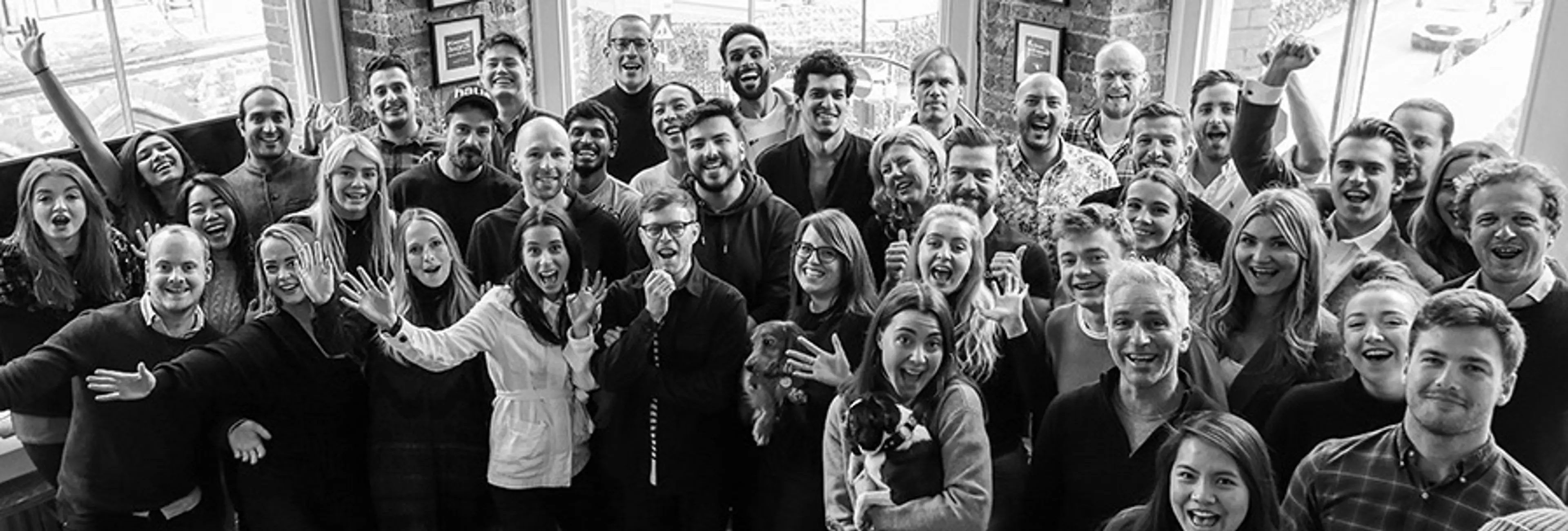
Brand & CX
1 Apr 2024
10 Min Read
The Alchemy of Cult Brands
Don’t drink the Kool-Aid. Or do. In 2024, an age of abundance and of the choice paralysis that now defines it, is there a foolproof formula for developing the cult-like followings so coveted by every brand vying for a glimpse of the spotlight?
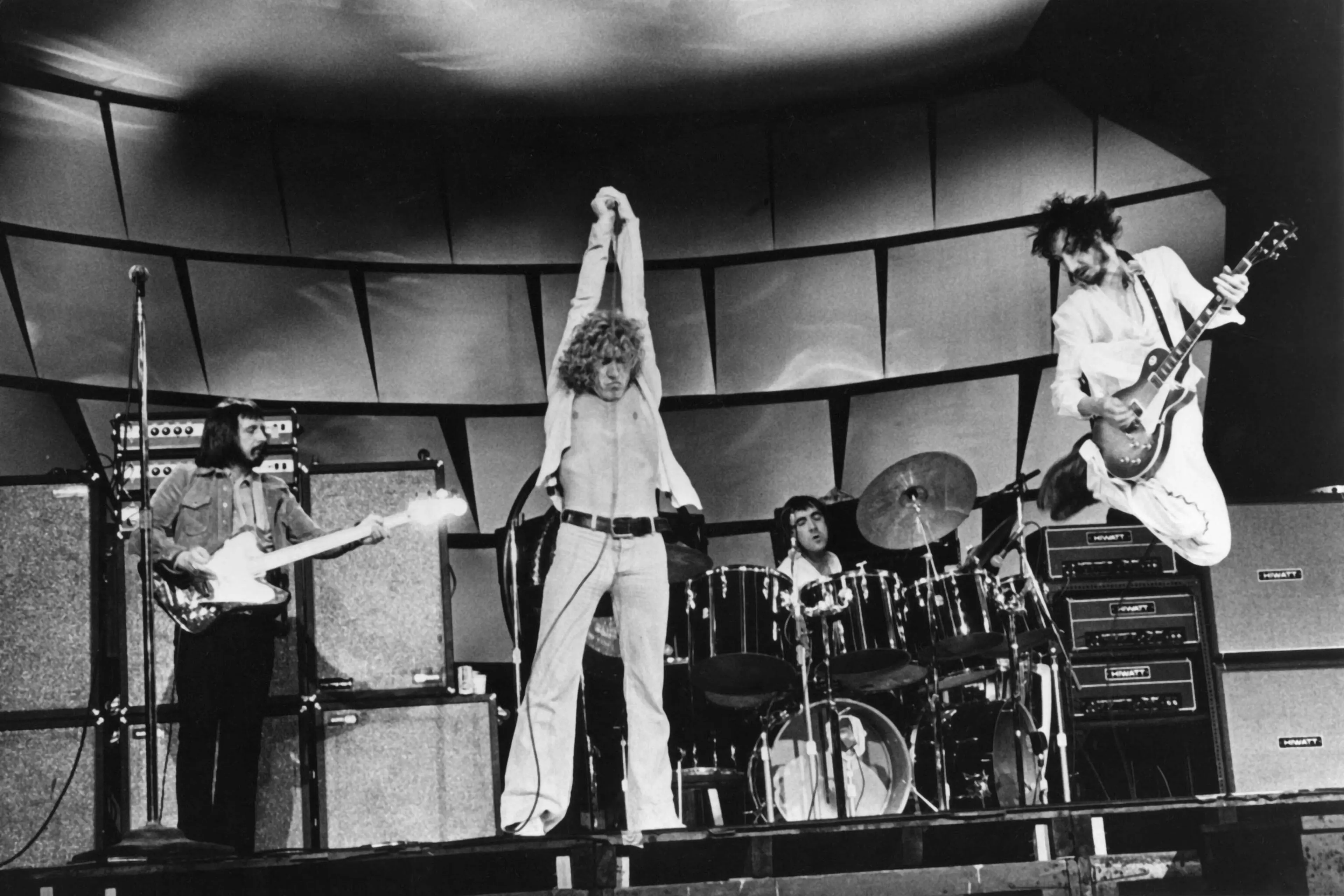

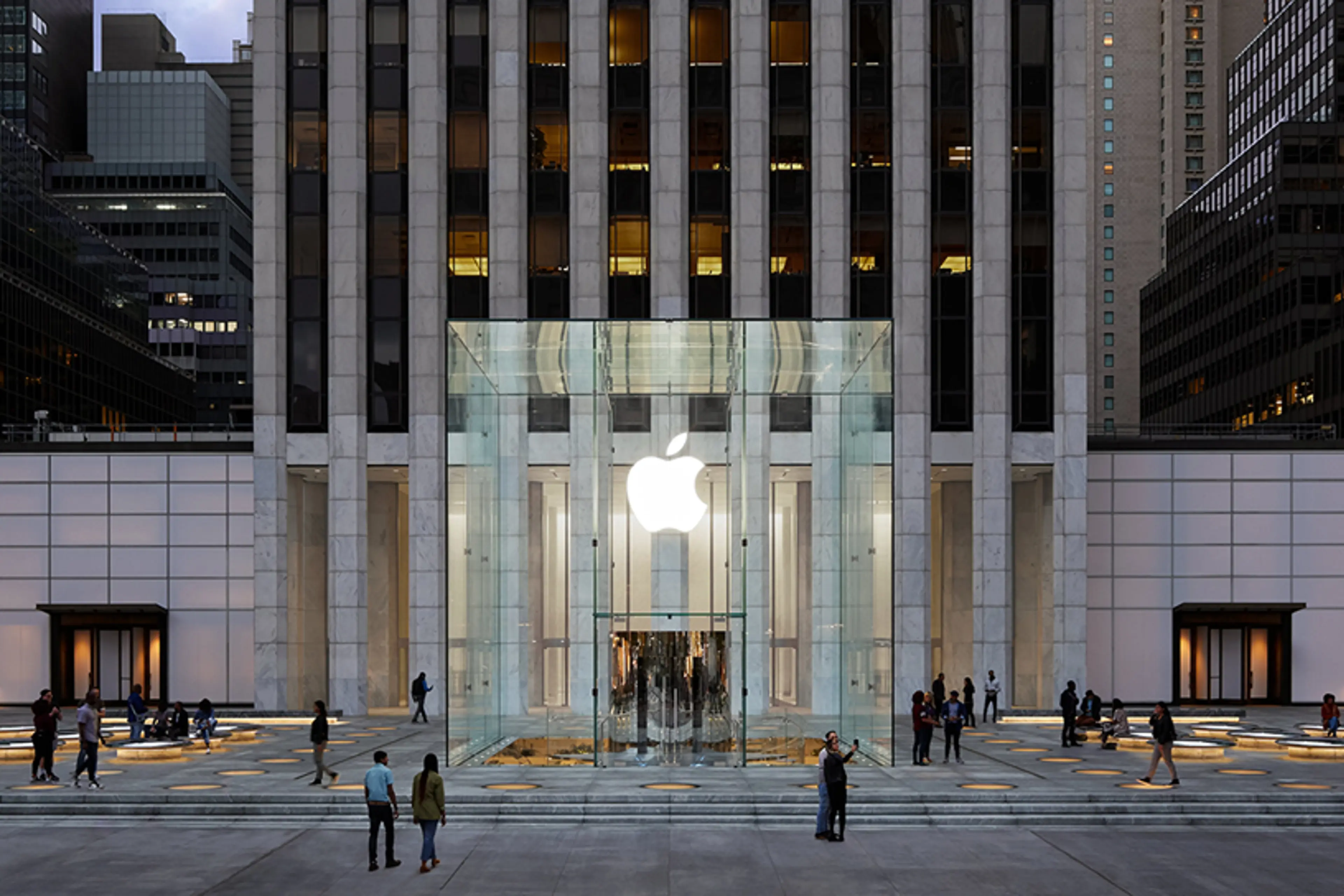

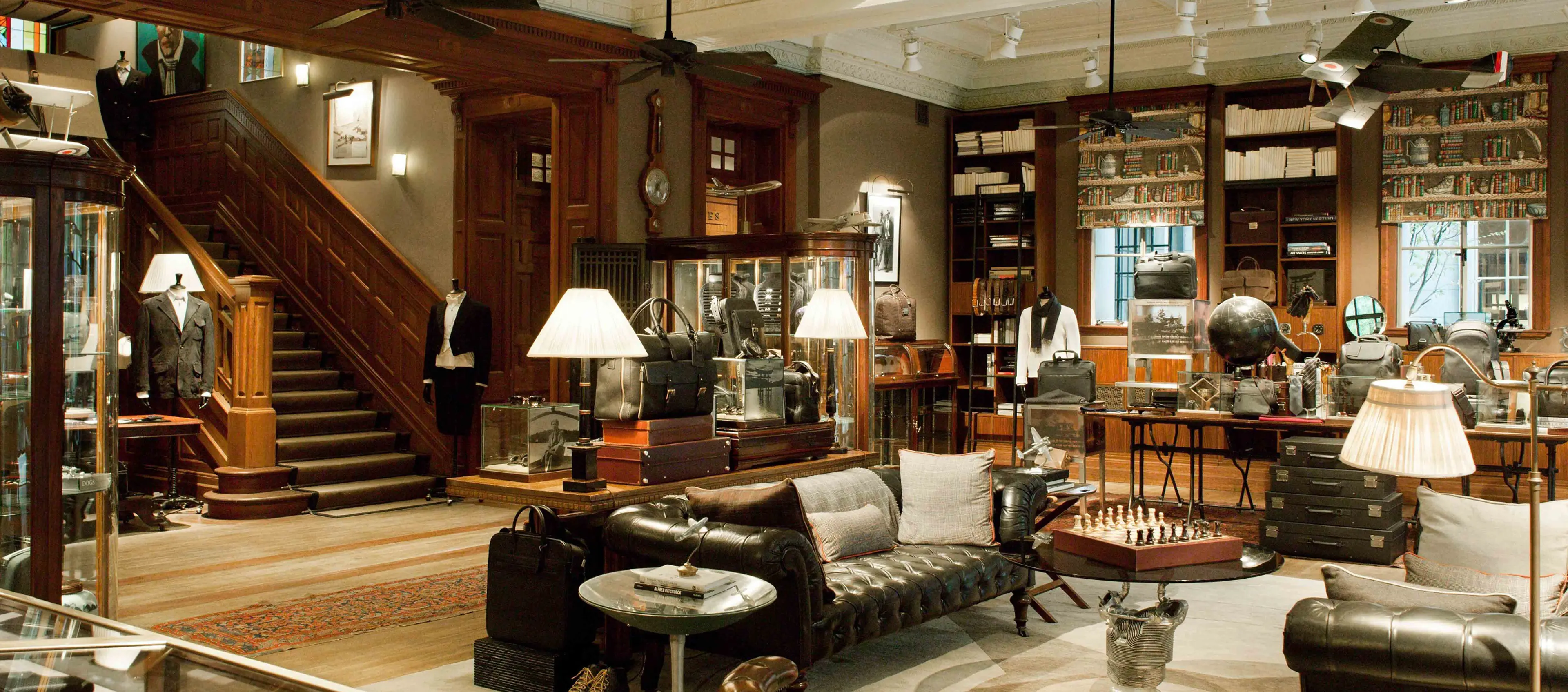
“A ritual is the enactment of a myth. And, by participating in the ritual, you are participating in the myth.”
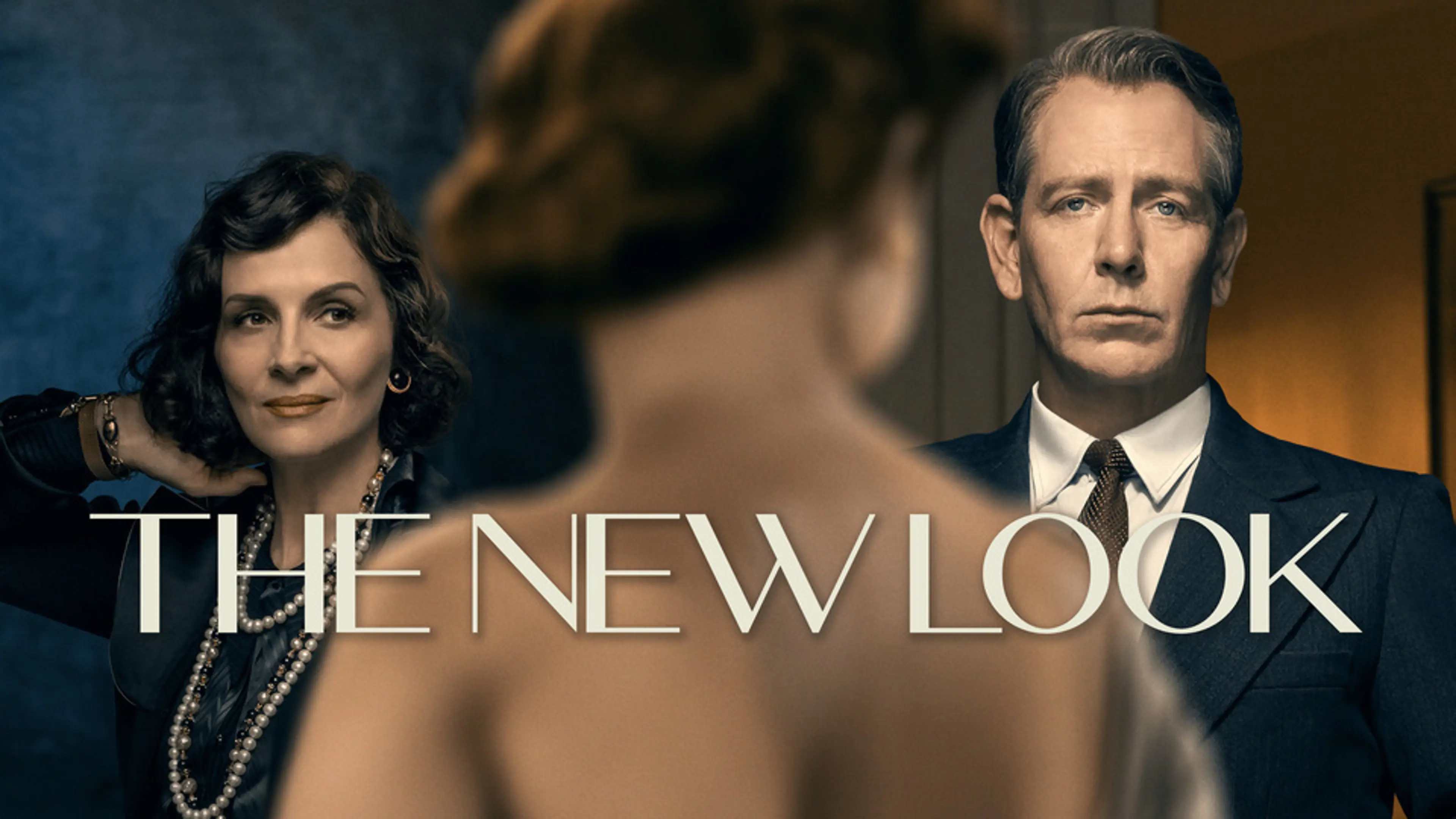
Brand & CX



